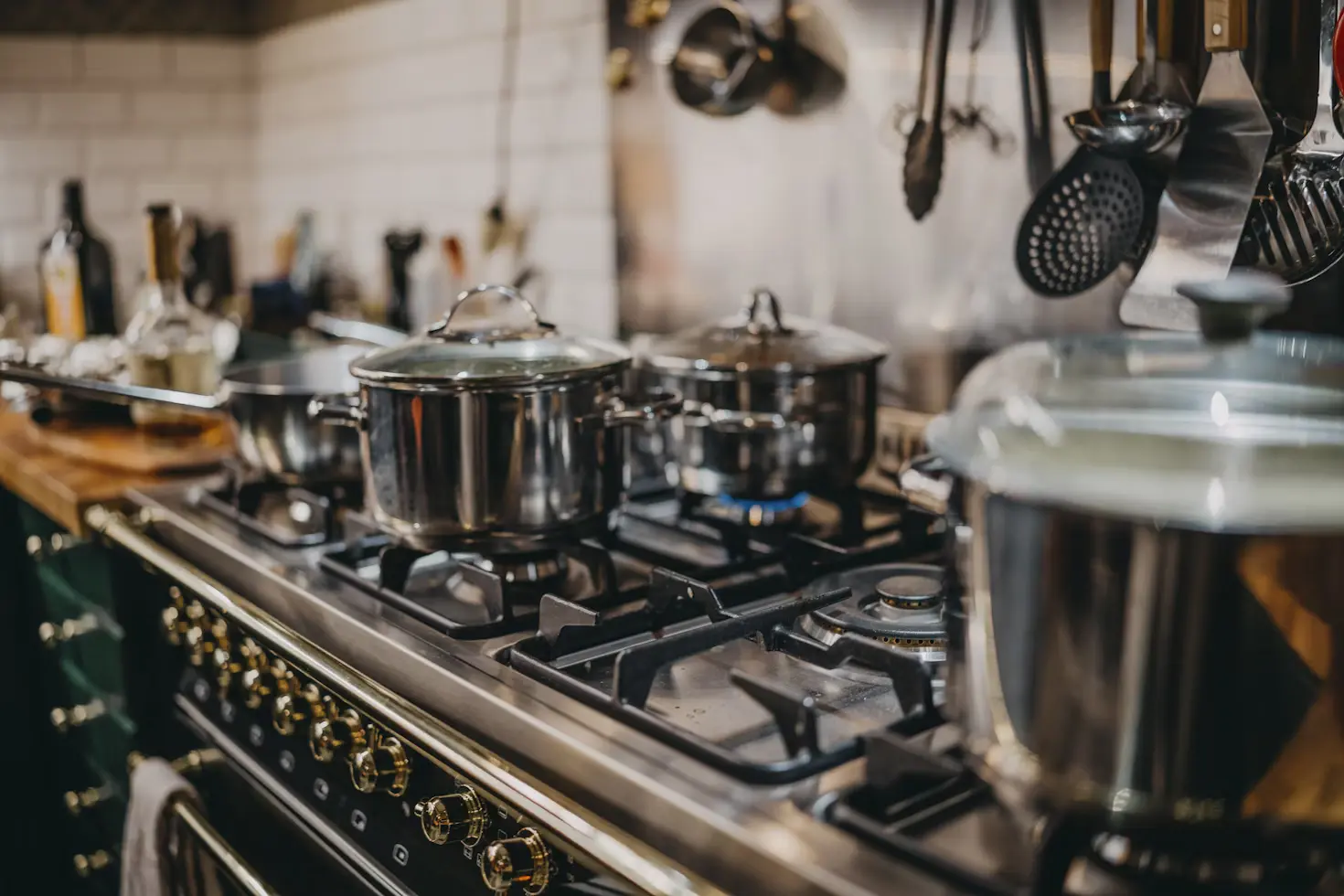The first-ever pressure cooker appeared in the market as early as 1938. The flex-seal speed cooker was the brainchild of Alfred Vischer, who presented his invention in New York City. At the time, cookers were mostly stovetop-friendly.
Since its early days, this useful kitchen tool has come a long way. The modern pressure cooker not only runs on electricity but is equipped with a variety of safety features. The worldwide pressure cooker market had a net worth of $5.48 billion in 2023.
It is expected to grow at a CAGR of 5.53% until the value reaches a whopping $8 billion by 2030. This appliance is a common find in every US household, useful in preparing quick meals through steam pressure. Different people purchase different models based on their requirements for material, pot capacity, and cooking time.
As indispensable as a pressure cooker is to modern life, it will not last forever. In this article, we will discuss an instant pot’s average lifespan, signs of damage, risks involved, and maintenance needs.
What is the Average Lifespan of a Pressure Cooker?
This can be a tricky question to answer because no two cookers are the same. Plus, the lifespan also depends upon daily usage, care and maintenance, etc. Let’s assume that you purchased a pressure cooker from a reputed brand after having it properly checked at the store.
Then, you use the appliance most days of the week and maintain it well. In that case, your cooker should easily last you over five years. It may last even longer, but you’ll have to run periodic checks for efficacy and safety.
In case the pot is used multiple times daily and you’re slacking in maintenance, the appliance’s lifespan may be cut down to three years. On average, you may need to invest in a new pressure cooker once it hits the five or six-year mark.
What Are Some Early Signs of Damage?
The high heat at which pressure cookers operate comes at a price. You may notice some early signs of wear and tear that call for a maintenance check or parts replacement. Let’s look at the most common signs –
- Chipping – The appliance’s bottom or heating plate may develop dark spots that eventually erode the non-stick coating. This is a direct result of high heat.
- Improperly sealed gaskets – The cooker’s gasket may get damaged, thereby creating an improper seal. This may lead to sudden release of steam, premature opening of the cooker, or an explosion.
- Faulty lid hinges – The cooker’s lid may break, crack, or fail to work. As a result, it may open mid-cooking or fail to pressurize properly.
What are the Risks of Using a Malfunctioning Pressure Cooker?
Pressure cookers are not inherently dangerous. It is only a malfunction that increases the risk of pressure cooker accidents. In milder cases, these may look like food or water spillage or further damage to the cooker’s body.
A major problem is that these are seldom the only dangers of a malfunctioning pressure cooker. In short, it is more than likely that a defective pressure cooker will explode.
According to TorHoerman Law, injuries from a pressure cooker explosion include severe thermal burns, deep lacerations, electrocution, permanent disfigurement or disability, blindness, and traumatic brain injury.
A woman called Becky Fargo recently had a cooker explode all over her face. She suffered second-degree burns on her face, neck, and chest. Becky had always been afraid of using the appliance and stated that she would never be using one again.
If an individual is fortunate, they may suffer mild burns. If no one is around when this happens, the explosion can be bad enough to burn down the entire kitchen. In a nutshell, a malfunctioning pressure cooker is a ticking time bomb.
How to Maintain a Pressure Cooker?
Proper maintenance and early detection of defects can prevent serious accidents from taking place. Hence, here’s a rundown of steps to follow for proper instant pot maintenance –
- Always check the pressure cooker for any defects or faulty parts before using it.
- Never store cooked food in your cooker. Doing so would require heavy-duty cleaning.
- Ensure all the vents are free of debris and food.
- Make sure you clean all parts separately after each cooking session.
- Do not use abrasive cleaners like a metal scourer or steel wool. They can leave scratch marks on the cooker.
- Use a mild dishwashing soap to clean the instant pot. Bleach or caustic agents will not only damage the cooker’s surface, but they will also affect the food’s flavor.
- In case of white spots due to hard water deposits, rinse the cooker after scrubbing with a mixture of lemon juice and vinegar.
Finally, if your pressure cooker is too old, it’s best to get a professional evaluation and have it replaced. Check for cooker brands that have been criticized for defective models and choose a reliable one. Also, invest in newer models since the older ones may be unreliable from the safety viewpoint.

Jasper Bruxner is a passionate and versatile blogger with a keen eye for trends and a knack for crafting engaging content. As the founder of WendyWaldman.com, he has established himself as a trusted resource in a diverse range of niches, including food, tech, health, travel, business, lifestyle, and news. He tends to share the latest tech news, trends, and updates with the community built around Wendywaldman. His expertise and engaging writing style have attracted a loyal following, making him a respected voice in the online community.




